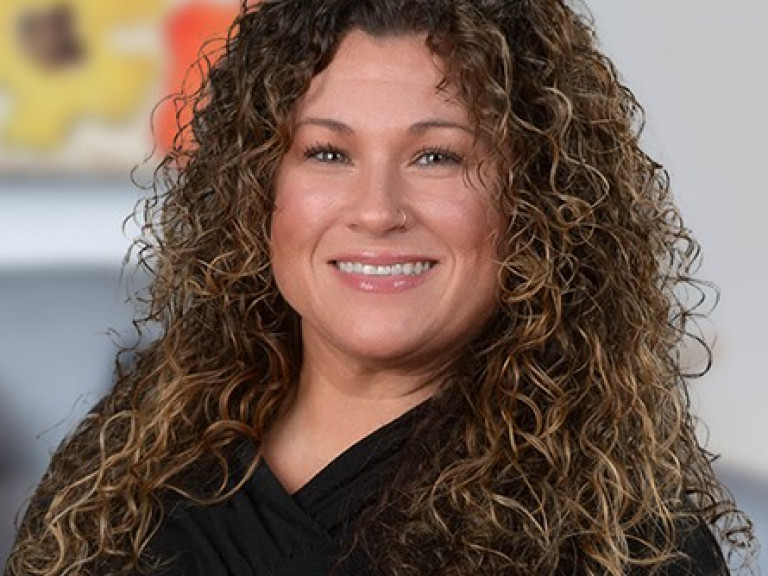Tamara Suarez, Psy.D.
Tamara Suarez, Psy.D., earned her Master’s degree and Doctorate from Minnesota School of Professional Psychology. She completed her doctoral internship in Child Clinical/Pediatric Psychology at Michigan State University-Department of Pediatrics & Human Development, and a fellowship in pediatric psychology at The Cleveland Clinic Children’s Hospital. She received the majority of her professional training working with children/adolescents in both inpatient and outpatient treatment settings at the Mayo Clinic and Cleveland Clinic Foundation. She works in the St. Charles office.
Areas of Specialization Dr. Suarez works with adolescents and adults providing individual therapy services. Dr. Suarez's expertise covers issues relating to eating disorders, self-injurious behaviors, anxiety and depression (including postpartum depression), chronic pain, medical issues, trauma, sexual abuse, self-esteem, body image, family conflict, substance abuse and various adolescent mental health issues. She has assisted many patients in moving toward effective and lasting change.
Eating Issues
Dr. Suarez is passionate about the psychological treatment of individuals struggling with eating disorders. She has worked extensively with eating disorder patients at the outpatient, intensive outpatient, partial hospitalization, and inpatient levels of care. In addition, Dr. Suarez has experience leading eating disorder support groups for individuals struggling with eating disorders. Dr. Spratley has been interviewed by television and radio programs for psychological comments on eating disorders, self-esteem, body image and issues related to adolescent development.
“Food is often the source of anxiety that fuels the struggle with an eating disorder. Therapy is imperative in helping the individual challenge her/his eating disorder thoughts/behaviors/emotions around food to assist in recovery from an eating disorder. I use Cognitive Behavioral therapy, Family Therapy, and Experiential Techniques to aid clients in working through and challenging their eating disorder thoughts/behaviors/emotions in order to decrease their anxiety around food and develop a healthy attitude toward food and body image.”
The emotional toll of chronic pain and medical issues can make pain worse. Anxiety, stress, depression, anger and fatigue interact in complex ways with chronic pain and may decrease the body’s production of natural painkillers; moreover, such negative feelings may increase the level of substances that amplify sensations of pain, causing a vicious cycle. Dr. Suarez believes because of the mind-body links associated with chronic pain, effective treatment requires addressing the psychological as well as the physical aspects of the condition.
Specializing in:
Book an appointment
If you would like to book an appointment, please call 630 377 3535 or fill our appointment form.
Dr. Suarez's Areas of Focus Include:
ADD/ADHD; anger management; anxiety; behavior issues; bipolar disorder; depression; domestic violence; grief; learning disabilities; pain management; PTSD; trauma; physical and emotional abuse; self-harm; sexual abuse; stress management; school behavior; self-esteem




















![Danca_Gina_2[42]](https://goodmanpsych.com/wp-content/uploads/freshizer/e00607ea6c3f8baac1c3ed5d3a488d6f_Danca_Gina_242-768-576-c-90.jpg)












